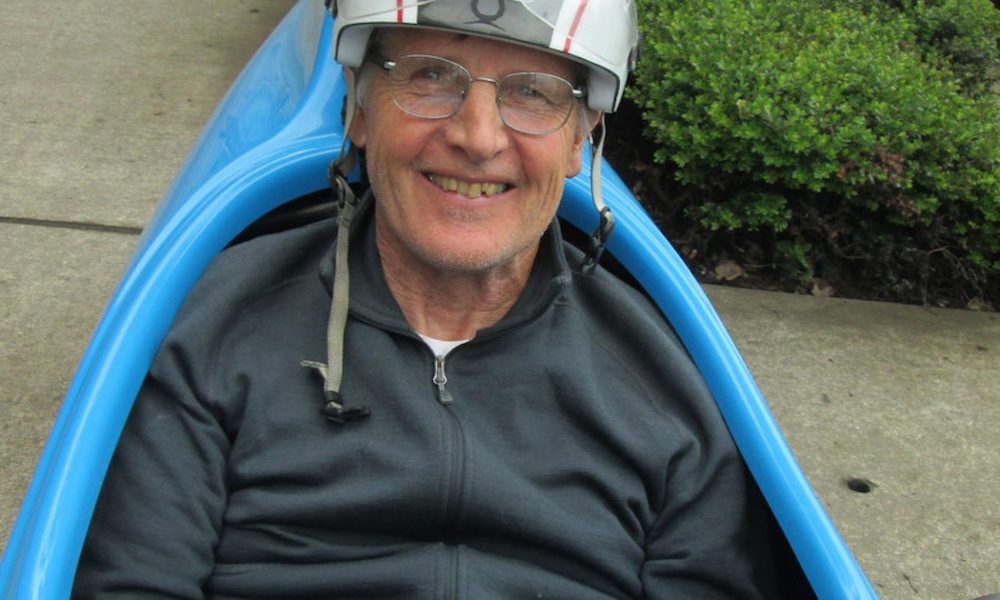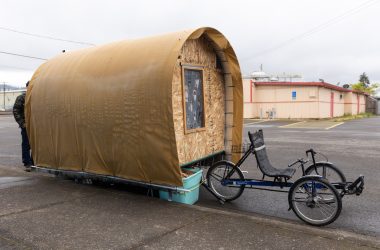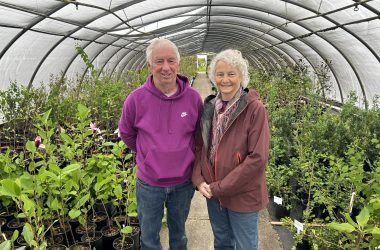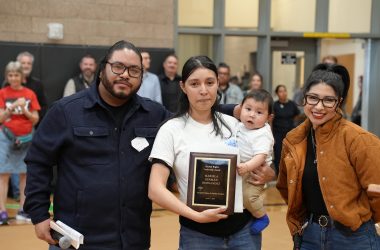 Ed Gunderson
Ed Gunderson
With Earth Day coming up Monday, April 22, one way to celebrate is by adopting sustainable practices into an everyday routine.
”We’re living in a finite world,” Dana Merryday, Cottage Grove resident, said. ”There’s only so many resources, space and water. We have to make things last and figure out a sustainable outlook.”
Creswell resident Ed Gunderson said he’s seen the degradation of the natural system throughout his life, and even though society has been trained to think technology and science will fix everything: It won’t.
”Some people might believe we’re going to move to other planets,” he said, ”I don’t. I believe that we should take care of where we are.”
Earth Day isn’t just a calendar holiday, as Coast Fork Willamette Watershed Council is hosting an Earth Day Celebration at Coiner park where there will be tours of treatment plants, Singing Creek Farm, information booths and more.
This year, Reilly Newman, projects coordinator for the Coast Fork Willamette Watershed Council, along with Gunderson and Merryday have some advice for community members who want to take part in sustaining the environment.
Recycling and using less plastic:
One of the problems people have with recycling, Gunderson said, is they throw things in the recycling even if they aren’t sure it should be recycled. Things like greasy pizza boxes, waxed cardboard and shredded paper are no longer wanted in the recycle bin.
Conversely, there are also plenty of recyclable items that don’t make it to the recycling because they are placed in waste containers. Particularly with metal, Gunderson has found there to be a lack of education. At the transfer station there’s a metal recycling bin and he said it was amazing how much stuff was thrown into the waste containers that could be recycled.
”People are throwing old lawnmower bodies into the regular waste when it could be in the metal recycling,” Gunderson said. ”I don’t know what it is, if people are lazy or unaware.”
An easy way to not get caught up in the ”what can be recycled?” conversation is to pre-cycle, Merryday said. Buy products that are certain to be recyclable, like glass. He said by selecting or opting out of plastic packaging is one easy step.
Also, he added, don’t recycle glass that still has remnants of food in it – it contaminates the process.
Another way to help the earth is to simply reduce the use of single-use plastics, Newman said. Using reusable straws, bamboo utensils, reusable produce bags, refillable water bottles and coffee cups helps curb unnecessary waste.
Water and electricity usage:
Water is one of the most important resources humans need to survive. To keep from wasting it during chores like dishwashing, Merryday suggests not letting the water run until it gets hot – as cold water runs down the drain. Instead, fill up a pot and heat it on the stove, clean the dishes that way, and when the dishes are done: dump the water in the compost or in the garden.
When it comes to storm drains, Newman said it’s important to remember ”only rain down the drain.”
”Our storm drains and ditches go right to the river and the water is not treated prior to entering the river,” she said.
For heat and electricity, another easy tip is to simply not heat every room in the house, Gunderson said.
Transportation:
Gunderson said that 35 percent of pollution emissions are caused by personal transportation. That’s why he recommends walking and riding a bike as often as possible.
”The biggest thing we do is transportation,” he said. ”It’s estimated by the humane society a million animals a day are killed by motor vehicles. It’s self-indulgence, the harm we’re doing.”
Merryday suggested working in errands that can be walked to.
”I always thought it was silly to drive to the gym to work out,” he said.
Even shopping local, which has economic benefits, can help the Earth. By not traveling longer distances to shops, there is less emissions the community is exuding.
Gardening and waste:
When it comes to helping the environment, Newman suggests starting small – and in the garden.
”Plant native trees and shrubs in your yard,” she said. ”Native plants better support our pollinators, birds and other wildlife.”
Merryday added that instead of focusing on a pristine lawn that requires a lot of fertilizer, water, herbicides and fossil fuel mowers, changes like mulching and planting drought-resistant plants or composting can make a difference.
These changes also don’t mean that one has to stress about mowing Gunderson pointed out that electric mowers can get the job done just as well.
For pet owners, simply taking care of their animals’ waste can make a big difference.
”Studies have traced 20 to 30 percent of the bacteria in water samples from urban watersheds to dog waste,” Newman said. ”It also can get into the air we breathe: a recent study of air samples found that 10 to 50 percent of the bacteria came from dog poop.”








